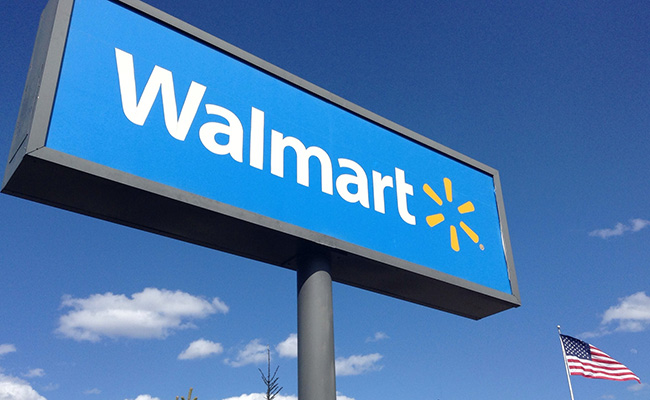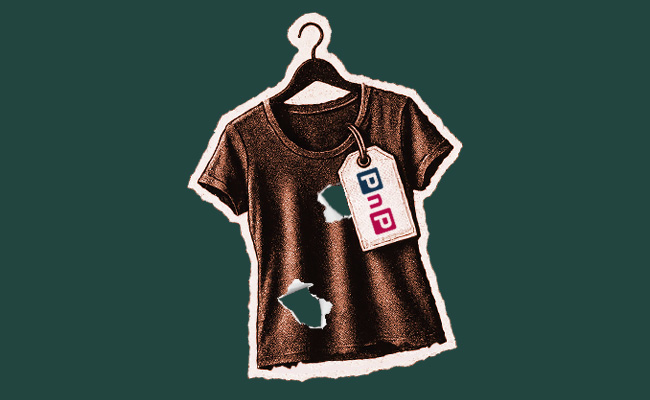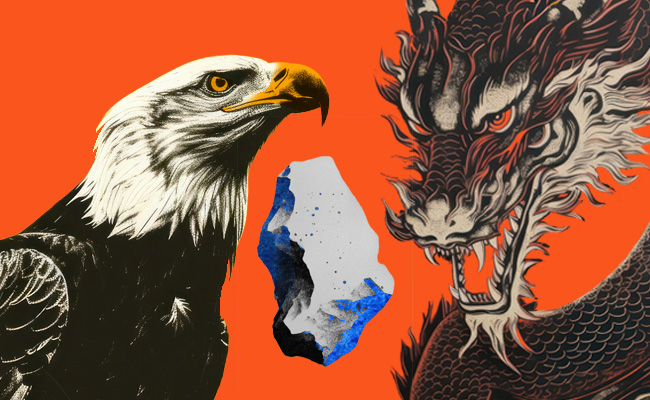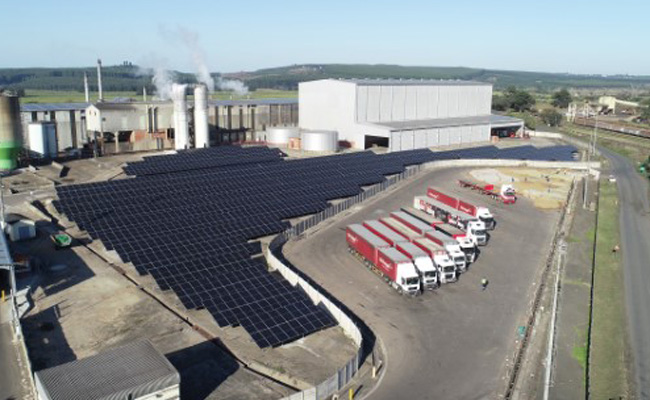Walking into any Game store today feels a bit like entering a brightly lit haunted house that reeks of plastic. Huge echoing caverns are the order of the day, along with messily stocked shelves and conspicuously absent employees.
The stores have an other-worldly quality, like stepping out of a time machine into the wrong dimension. And, in truth, Game really does appear to be a thing of the past. The chain made a R1bn loss in 2022 before its parent company, Massmart, was delisted – and little appears to have improved since.
Because Massmart is owned by the big cheese that is Walmart – the world’s largest retailer, based in Arkansas, which clocked up $680bn in sales last year – it’s hard not to compare the bright, shiny American mega-corporation to Massmart’s duller brands like Makro, Builders Warehouse and, of course, Game.
So, news last week that Walmart will be opening its own-branded stores in South Africa might seem exciting – but it’s hardly an arrival. Walmart has had its tendrils in South Africa ever since 2011, when it bought 51% of Massmart for R16.5bn.
Former Massmart CEO Grant Pattison, who helped negotiate that transaction, says Walmart has had nearly 15 years to learn from Massmart’s mistakes – which will help it roll out its new plan.
“These guys know the market now,” Pattison says. “This is a local entrant.”
Pattison says Walmart bought Massmart hoping it would help it launch a food retail business. But rivals Shoprite and Pick n Pay reacted sharply and attacked Massmart’s food plan – a move that knocked the momentum out of any hopes that Walmart could build a food business in South Africa. Until, this week, that is.
Not everyone believes Walmart is making the right move though.
Bright Khumalo, a portfolio manager at asset manager Vestact, thinks that local retailers won’t be brushed aside that easily. “I don’t know if it’s a good idea to do it now, to be honest,” he says. “Shoprite and Checkers have their tentacles everywhere.”
Khumalo points to the huge success of Shoprite in South Africa’s townships and cities, where the proximity of stores to people means they have massive footfall and a constant influx of customers.
Walmart is “going to have to do a lot of heaving lifting to get some market share”, he says. “If they pick up market share, my guess [is it] will be from the long-suffering retailers of Pick n Pay.”
Nonetheless, Khumalo says Walmart is a behemoth, which tips the scales toward success.
“It’s a jumbo grocer, and it’s a much stronger brand than Massmart … how many times have you gone to Game to buy groceries?”
Losing its Game ….
Pattison’s guess is that Walmart is finally putting into action a plan it had in the works for years: to open at least one supercentre in South Africa.
Supercentres are very American creations – a massive parking lot, attached to an equally massive warehouse store, with some smaller shops and maybe a restaurant or two. It’s not a mall and, most importantly, it is not controlled by landlords.
In the US, Walmart owns the buildings it operates from, Pattison explains. “Walmart really hates the escalating leases of the South African property market” and it likely wants to cut out the middleman to build its own lot.
Retail analyst Syd Vianello says Walmart will probably start with one major store of about 2,000m2 in size, with enough space to house a wide array of groceries, general merchandise and clothing. He says Walmart clearly has a spot already picked out, as it plans to launch its first stores before the end of the year.
Which leaves little room for the Massmart brands. “Game as a brand is going to disappear,” says Vianello.
Pattison, the man once overseeing Massmart’s portfolio, agrees. He says that after Walmart opens its first supercentre, it will implement the “long-term conversion of Game into Walmart”.
“Ultimately once they have right-sized Game, they should just convert all the Games into Walmarts. And that was one of the options back when Walmart bought Massmart,” he says. “Why it never went down that path, I don’t know, but it didn’t.”
As for the Makro brand, it seems the jury is still out. For now, Makro has a local reputation that might insulate it for a while. But over the longer term, those stores might also end up with the Walmart signage above them.
For the struggling Game, however, it seems the perfect solution – and it will likely work, as most Game stores are roughly the size that Walmart wants.
Zwelakhe Mnguni, chief investment officer of Benguela Global Fund Managers, thinks a gambit of using existing store locations will only hurt Walmart.
“Game has been struggling for many years – but part of the struggle for Game has been the locations where they are,” he says.
South Africans value convenience, and the Game shopping experience is far from that, says Mnguni. Having to travel to shop cuts out a massive market of customers that Walmart is, in all likeliness, aiming to capture with intensely low prices.
Mnguni says that while lower-range retail food customers have “smaller basket amounts”, they do well because of their high volumes. “That’s why Boxer is doing well, that’s why Usave has done so well, and that’s why Pick n Pay has failed.”
This underscores why Pick n Pay has failed to capture the township market in the way that Shoprite has – and its mediocre service and average prices do not motivate shoppers to make the journey, he says.
Mnguni warns that if Walmart cannot incentivise people to travel to its outlying locations, it could suffer the same curse.
Too big to fail
Walmart has stiff competition in food retail, but it understands how the local market works – and it has the balance sheet to weather a few bad years.
Vianello says Walmart’s buying power is its most powerful weapon, especially in the face of looming US tariffs.
Walmart has a seamless global supply chain, and its suppliers “will be only too happy to send their stuff to South Africa, because the tariffs going into America are sky high”.
Few South African retailers can compete with this supply-chain muscle, which gives Walmart the upper hand in pricing.
The local retailers have proven surprisingly innovative, but this could test their resolve.
Mnguni points to the smash-hit success of the Checkers Sixty60 delivery model as evidence of the ability of local retailers to adapt, arguing that Walmart might struggle to lure people away from the convenience of home delivery.
Either way, it’ll be a bunfight. “It is going to be very disruptive [and could] reset the balance of power between the retailer and customer,” says Mnguni.
In the long term, however, he doesn’t see the South African market being able to sustain this number of players.
And a fragile Pick n Pay, Mnguni says, should be particularly wary of Walmart’s new determination to stamp its footprint on South Africa.
Top image: Mark Mozart/supplied.
Sign up to Currency’s weekly newsletters to receive your own bulletin of weekday news and weekend treats. Register here.













